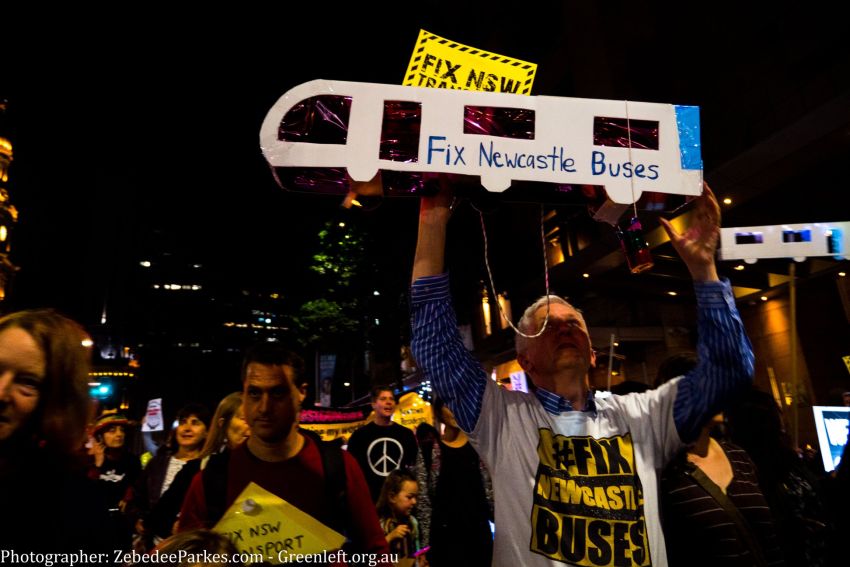
A member of the audience at a recent public meeting in Merewether cheekily referred to Newcastle as being run by the Property Council, not the city council.
Others are starting to make similar observations.
Plans to move Newcastle City Council offices into a brand new tower in Newcastle West, the rezoning of Newcastle’s former transport corridor, the demolition of the historic Hunter Street landmark The Store and so many other changes has left many people wondering about where Newcastle and the region are headed.
It seems that planners directing change think that community engagement involves listening just long enough to tick the consultation box or to denounce critics as nay-sayers.
Reluctance to genuinely consult limits the region’s potential to construct creative solutions out of healthy, respectful but sharp debate.
Planners need to maintain a dialogue with the community during periods of significant change.
Key decisions that require wide public input are being made around public transport, revitalisation and renewal, heritage, major events and the future of public assets, such as the Newcastle Showground.
The views of the people affected by these changes needs to be central to the process.
Take light rail, for example. Even before the first Opal card has been swiped, the state government has declared that light rail has revitalised Newcastle. This remains to be seen.
It is easy for politicians to make promises and many were made before the rail line into Newcastle was cut.
Various assurances were given, for example, that the new transport interchange would improve services.
In reality however, passengers arriving at the Interchange have to wait more than half an hour at times for the replacement rail bus to arrive and complete the journey into Newcastle.
Those getting off the 11.18am from Sydney Central on November 3 stood around for 40 minutes without seating or shelter in very hot weather.
Services have been impacted since the buses were privatised. If you need to go to Raymond Terrace or New Lambton from Newcastle East, for instance, you now need three buses, and to hope that none of them is late.
Compared with what the Hunter region had previously, public transport is going backwards.
Planners want to discourage cars in Newcastle, yet millions of dollars are paid to a private racing car company that glorifies the car and blocks roads all over the East End and the foreshore for months.
Supercars is another example of promises to the community not being fulfilled.
While Supercars can legally, if not morally, act as it sees fit, it would be very good public relations if their community relations team actually answered their telephone after hours so that problems caused by the race infrastructure can be resolved.
The community consultation promised by Supercars has been more about telling residents what they have done, such as fencing off Parnell Place Park and blocking roadways.
The economic benefits of the race have been exaggerated and the costs virtually ignored. The attendance figures cited by Supercars require detailed independent review and contradict those gathered by residents.
While Supercars gets massive support, a traditional community event, the Newcastle Show, has an uncertain future and facing relocation.
The state government has announced that land occupied by the Newcastle Showground is being considered for high density development.
This is another example of government seeking short term gains at the expense of traditional heritage facilities and introducing significant changes to a community asset without community consultation.
Councils and planners who actually consult with their residents will have the strong support of their communities and will make better decisions for the present and for a more sustainable future.
[Steve O’Brien is a Newcastle-based sociologist and activist. Therese Doyle is a planning activist and former councillor. Ron Brown is a transport planner. An earlier version of this article was published in the Newcastle Herald.]